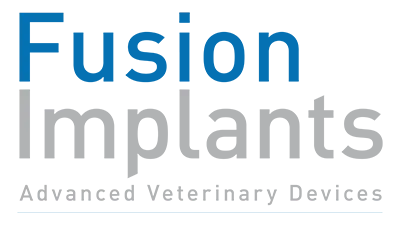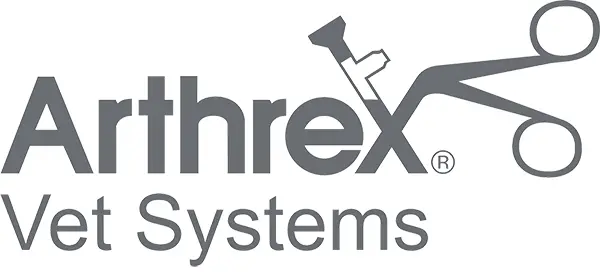SILVER SPONSOR



The Scientific Committee of the 24th ESVOT Congress invites authors to submit scientific abstracts for podium and poster presentation at the Congress. These should be of original and unpublished work. Papers from practitioners are particularly welcome.
A maximum of two papers per author will be accepted.
Free communications to be presented in the Main scientific session will be evaluated by the scientific committee and those pertinent to the topics of the Congress will be favoured.
Free Communications must be written and presented in English.
Abstracts in regard to “Challenging Joint Surgery” are favoured.
Oral presentations have a 20-minute slot (including 5 min for questions/answers) which may not be exceeded. Abstracts should report recent clinical research; preliminary findings and single case reports will be also considered. Research abstracts must have ethical review approval if needed. Additionally, research must not have been published nor accepted for publication by the closing date of submission 10th of MARCH 2025, 11:59 PM (Rome Time Zone).
All abstracts are reviewed by the Congress Scientific Committee, which reserves the right to select abstracts relevant to the sessions and topics and decides on the final form of the presentation (oral or poster) and on publication.
Authors are required to upload a long abstract for the Scientific Committee review and short version for publication on the book of proceedings (max 250 words).
Posters related to recent research into any aspect of veterinary orthopaedics and traumatology will be accepted for evaluation by the Scientific Committee.
Once the review process of all submitted abstracts is completed, authors will receive an e-mail informing whether the abstract has been accepted and whether it has been selected for poster or for oral presentation.
All abstract presenters (first author) must register for the Congress and are granted a 30% reduction on the Congress registration fee. Submitted abstracts will be accepted and published in the conference proceedings only upon receipt of payment.
Authors whose abstracts have been accepted will be notified latest by 1st MAY 2025. For abstract submission please go to the ABSTRACT SUBMISSION CENTRE at web site http://abstract.evsrl.it/.
To access the ABSTRACT SUBMISSION CENTRE it is necessary to get a user name and a password for the EGO System.
Should you do not have user name and password, please go to EGO Home Page at http://ego.evsrl.it/.
Username and password will be sent in 2 working days.
The ABSTRACT SUBMISSION CENTRE will guide you filling up the following fields:
ESVOT aims to promote and advance the standards of orthopaedics and traumatology in veterinary species through clinical research and training. We encourage robust clinical and translational research in the area of veterinary orthopaedics.
Such research may often involve prospective or retrospective studies on animals or ex vivo or in vitro studies on animal tissues. Studies on veterinary patients should not involve unnecessary interventions with the sole purpose of research; in other words, all interventions on veterinary patients should be for the intended benefit of the individual animal. All such research should have local Ethics Committee approval as well as any local, regional or national licences when required; abstracts submitted should state this is the case when indicated.
As a scientific society concerned with the health and welfare of animals, ESVOT acknowledges that sometimes research on animals is necessary for the benefit of human and animal health. However, we strongly support the 3R tenets of Russell and Burch, namely ‘replacement, refinement and reduction’ of animals in research, as supported by the International Council for Laboratory Animal Science (www.iclas.org) and embedded in the European Union Directive 2010/63/EU.
Moreover, ESVOT will not accept any studies for presentation or publication that involve the use of live dogs, cats, horses or non-human primates in invasive experimentation.



